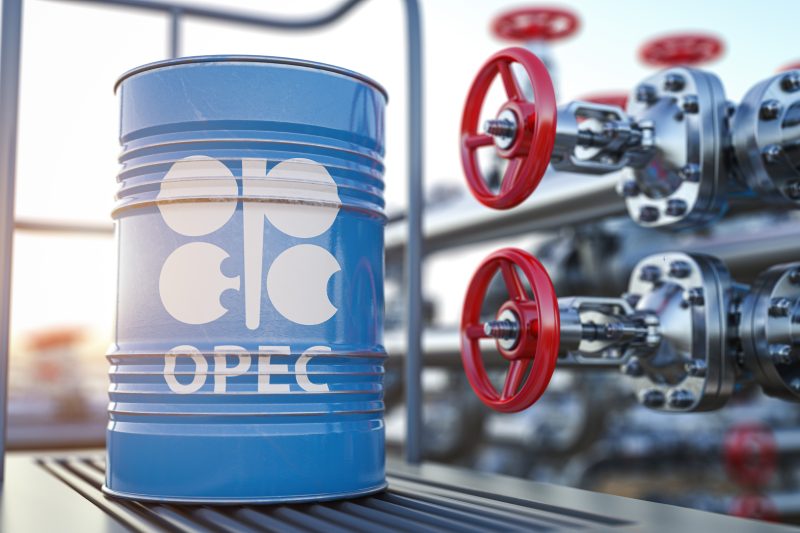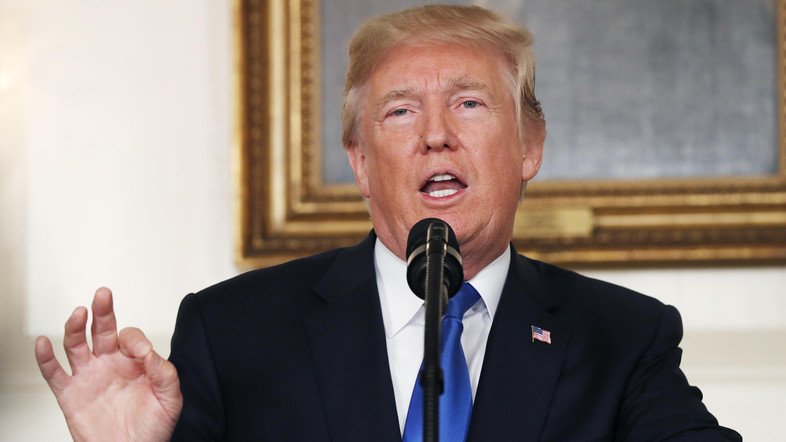
Newswire — Output from the Organization of Petroleum Exporting Countries slumped by 480,000 bpd to 26.61 MMbpd a day in September, according to a Bloomberg survey. Libyan production plunged by 38% after one of its rival governments halted exports in a fight for control of the central bank.
The North African nation’s woes inadvertently aided the rest of the cartel, which has been restraining output in a bid to shore up crude prices. But the support could prove short-lived: Libya is preparing to restart output after its two rival factions reached a compromise, according to people familiar with the matter.
Oil prices have in any case largely shrugged off Libya’s losses, retreating 17% since early July to about $73 a barrel as traders focus on faltering demand in China. Brent futures jumped 2.8% on Tuesday as US officials said that OPEC member Iran was poised to strike Israel, in an escalation of the region’s yearlong conflict.
Crude’s retreat poses a challenge for OPEC and its allies as they seek to begin gradually restoring some of their halted output. Led by Saudi Arabia and Russia, the group has been forced to delay its first increase by two months to December because of the darkening market backdrop.
A panel of key OPEC+ nations, known as the Joint Ministerial Monitoring Committee, is due to meet online on Wednesday to review global markets. Delegates who asked not to be identified said they don’t expect any changes to the group’s policy.
The JMMC will mostly focus on alliance members that have failed to implement their pledged cutbacks, such as Iraq and Kazakhstan, the delegates said. OPEC+ still has several more weeks to consider whether to proceed with the scheduled December increase.
Iraq improved its compliance slightly in September, reducing production by 70,000 bpd to 4.25 MMbpd. But Baghdad — which has often chafed against OPEC+ quotas while seeking to rebuild its shattered economy — has yet to meet its target of 4 MMbpd, let alone begin the extra cutbacks it promised to compensate for previous missed targets.
The United Arab Emirates, which is eager to deploy new production capacity, strayed even further from its agreed ceiling. Abu Dhabi raised output by 50,000 bpd to 3.22 MMbpd in September, or about 308,000 bpd above the country’s target.
Revised figures for August showed that Iran, which is exempt from OPEC+ quotas while contending with US sanctions, bolstered output to a new six-year high of 3.37 MMbpd. It eased slightly by 30,000 bbl in September.
*Grant Smith, Julian Lee, Bill Lehane – Bloomberg



